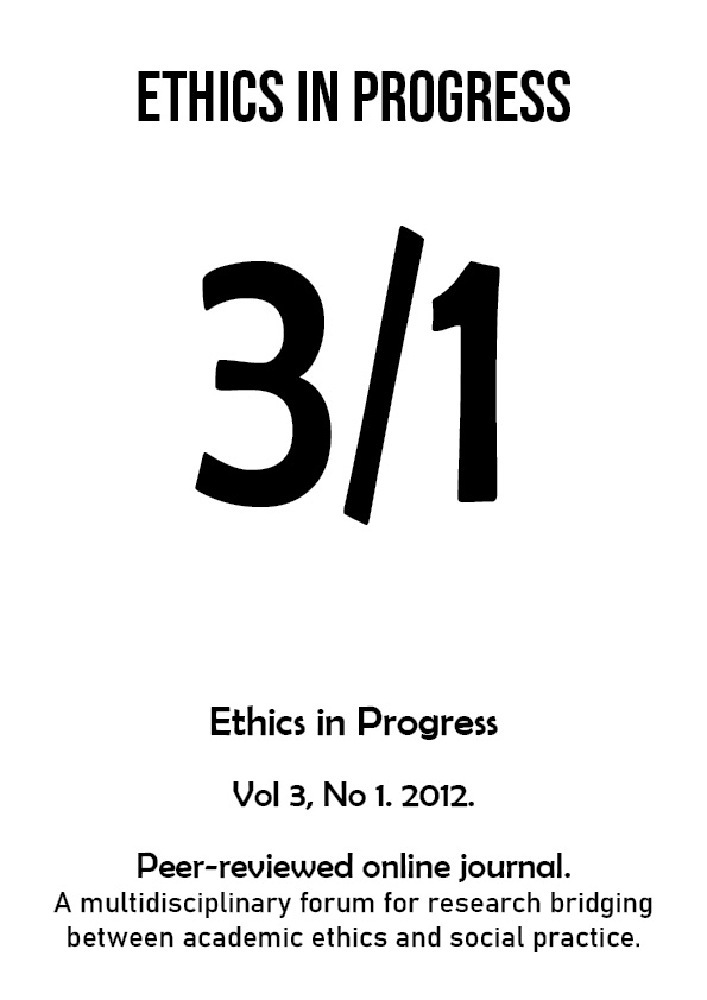Abstract
Understanding the epistemological dimension of the subject–object dichotomy is crucial for environmental learning. Contrasting the epistemologies of separation and love, Arthur Zajonc argues that learning is seriously limited unless we focus more attention on fostering deep connections of respect, love, and participation with the objects we study. Although an attitude of detachment and objectivity is sometimes appropriate, understanding such things as social justice and the environment demand an approach that softens the sharp dichotomy between knower and thing–to–be–known. While largely agreeing with Zajonc, we emphasize that the epistemologies of separation and love should not be seen as wholly distinct or unrelated. A deep understanding of ourselves and the world around us depends upon a shifting back and forth between these approaches, though this will, admittedly, not be susceptible to any strict set of methodological rules. Learning depends upon not only understanding how to use these two epistemologies, but, importantly, learning how to shift between them with ease. Furthermore, we suggest that Zajonc’s use of the dual concepts of the logic of discovery and of justification to illustrate his two epistemologies can be made more descriptively accurate and prescriptively useful by noticing that in the process of learning—of discovering—investigators can and do move fluidly between seeking detached objectivity and connectedness. We embrace a broad pedagogical approach to environmental education consistent with Zajonc’s view and that is place–based and multi– and trans– disciplinary. This includes a rejection of the priority of science over the humanities, a narrowing of the gap between knower and thing–to–be–known, and a move away from attempts to excessively abstract from particulars to generalities and lawsReferences
Badè, W. 1924. The Life and Letters of John Muir, Vol. 1. Boston: Houghton Mifflin Company.
Callicott, J. 1999. Beyond the Land Ethic: More Essays in Environmental Philosophy. Albany, New York: State University of New York Press.
Elder, J. 1998. Teaching at the Edge. Stories in the Land: A Place–Based Environmental Education Anthology. Great Barrington, Mass.: The Orion Society.
Gilliam, M. 1996. The Nature Literacy Series. In: Sobel, 1996, v–vii.
Hemple, C. 1996. The Role of Induction in Scientific Inquiry. In: T. Schick, Jr. (Ed.), Readings in the Philosophy of Science: From Positivism to Postmodernism. Mountain View, Calif.: Mayfield Publishing Company 2000.
Hume, D. 1998 [1751]. An Enquiry Concerning the Principles of Morals. T. Beauchamp (Ed.). Oxford: Oxford University Press.
Norton, B. & Noonan, D. 2007. Ecology and Valuation: Big Changes Needed. Ecological Economics 63: 664–675.
Sahn, J. 1996. Introduction. In: Sobel, 1996, viii–x.
Sobel, D. 1996. Beyond Ecophobia: Reclaiming the Heart in Nature Education. Great Barrington, Mass.: The Orion Society.
Thoreau, H. 1985 [1854] and [1864]. Henry David Thoreau: A Week on the Concord and Merrimack Rivers / Walden; Or, Life in the Woods / The Maine Woods / Cape Cod. New York: Library of America.
Zajonc, A. 2006. Cognitive–Affective Connections in Teaching and Learning: The Relationship Between Love and Knowledge. Journal of Cognitive Affective Learning (3.1): 1–9




